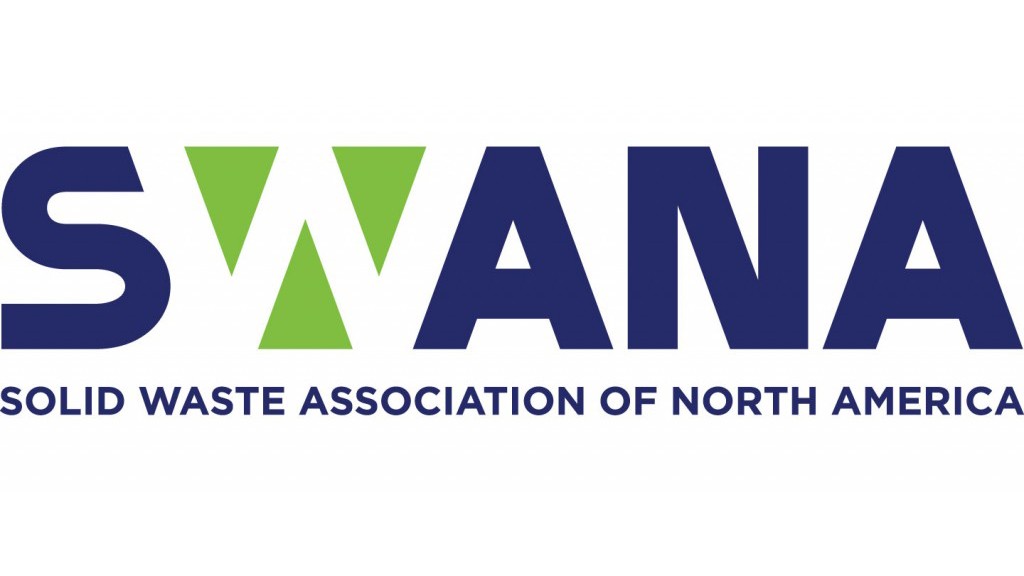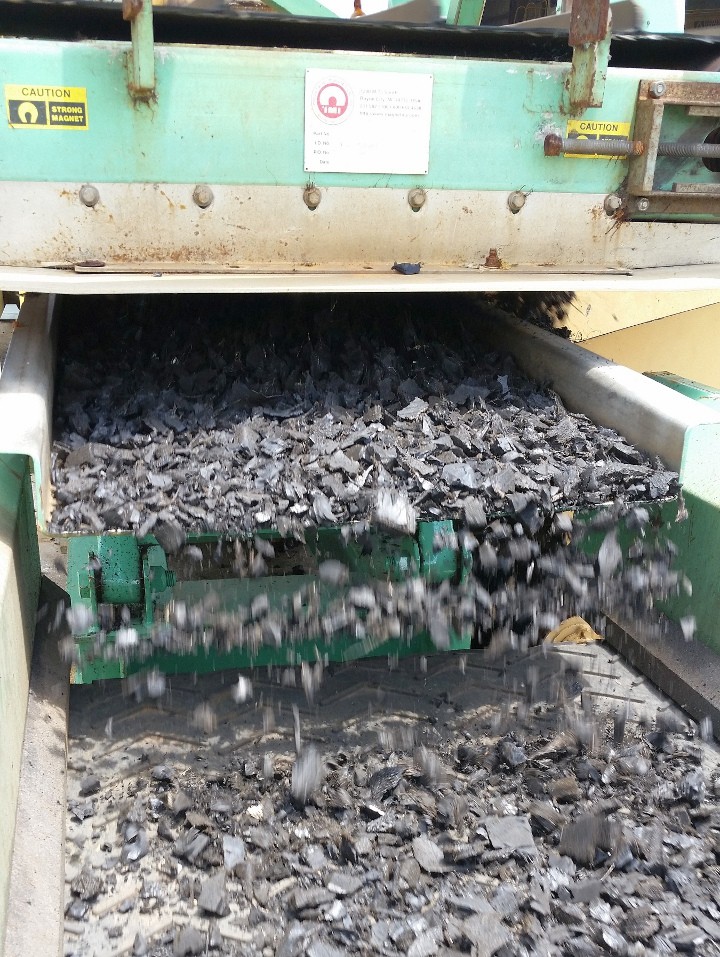
A new report from the Solid Waste Association of North America (SWANA) Applied Research Foundation (ARF) aims to provide solid waste, recycling, and sustainability managers with information and guidance on the use of electricity and other alternative fuels for refuse and recycling collection vehicles.
The publication analyzes electricity, hydrogen fuel cells, compressed and renewable natural gas, and ultra-low sulfur and renewable diesel in terms of their energy usage, well-to-wheel greenhouse emissions, fuel cost, total cost, and stage of commercialization.
The analyses presented in the report indicate that the use of electricity as a fuel for refuse and recycling trucks offers many benefits including reduced noise and air pollution in the neighbourhoods served.
From an economic standpoint, electricity is by far the lowest cost fuel at $0.66 per mile, which is estimated to be about half of the costs of diesel on a fuel cost per mile basis. Electric refuse trucks also use less energy than the other alternative-fuelled trucks.
Perhaps most importantly, electric refuse trucks emit less than half of the carbon dioxide emissions of other alternative fuels even when the electricity is generated by the current mix of fossil fuel and renewable power generators in the United States.
Finally, electric refuse trucks were found to have the lowest total cost per mile of the alternative fuel options analyzed.
Major drawbacks to switching to electricity at the current time are the high up front capital costs of electric refuse trucks and the relative lack of experience in North America with electric refuse trucks in real-world service environments over the lifespan of the truck (typically considered to be about 10 years). Simply put, electric refuse trucks are still in the demonstration stage of their commercialization journey.
For this reason, SWANA recommends fleet managers consider holding off on committing the transition of their fleets to electric refuse trucks until performance and cost data from the 50 to 100 or so current demonstration projects can be compiled and analyzed.
Either way, electric vehicles will impact the future of the solid waste industry. Similar to electric refuse trucks, hydrogen fuel cell refuse trucks offer the potential for a zero-tailpipe emissions alternative that has regenerative braking capability and operates at low noise levels. Unlike electric trucks, hydrogen fuel cells offer driving ranges similar to diesel trucks before refuelling is required.
Demonstration projects for hydrogen fuel cell refuse vehicles are occurring in a number of European countries; however, none are being conducted in the United States at this time. For this reason, the use of hydrogen fuel cells to power refuse trucks can be considered as being slightly behind electric refuse trucks with regard to its demonstration status.
While electric and hydrogen fuel cell trucks are progressing through the demonstration stage of commercialization, collection fleet managers should continue to use diesel and compressed natural gas (CNG) refuse trucks to power their fleets, but should pursue the replacement of these fuels with their renewable versions (renewable diesel or renewable CNG) when they become price-competitive with their fossil fuel counterparts.
Finally, as solid waste management professionals, collection fleet managers should consider their unique position of being able to generate both electricity and CNG from solid waste they collect. For this reason, recovery of electricity from waste-to-energy facilities and the generation of electricity and/or CNG from anaerobic digestion facilities and landfills should be investigated and pursued if found feasible from a technical, economic, political, and societal perspective.



